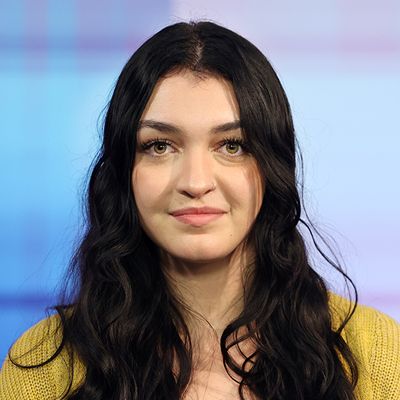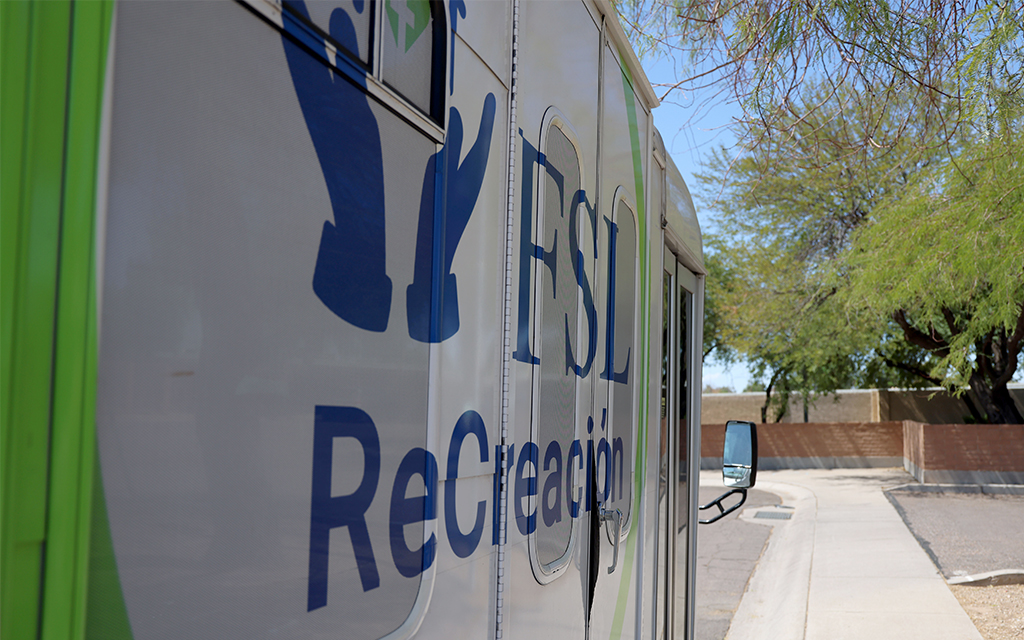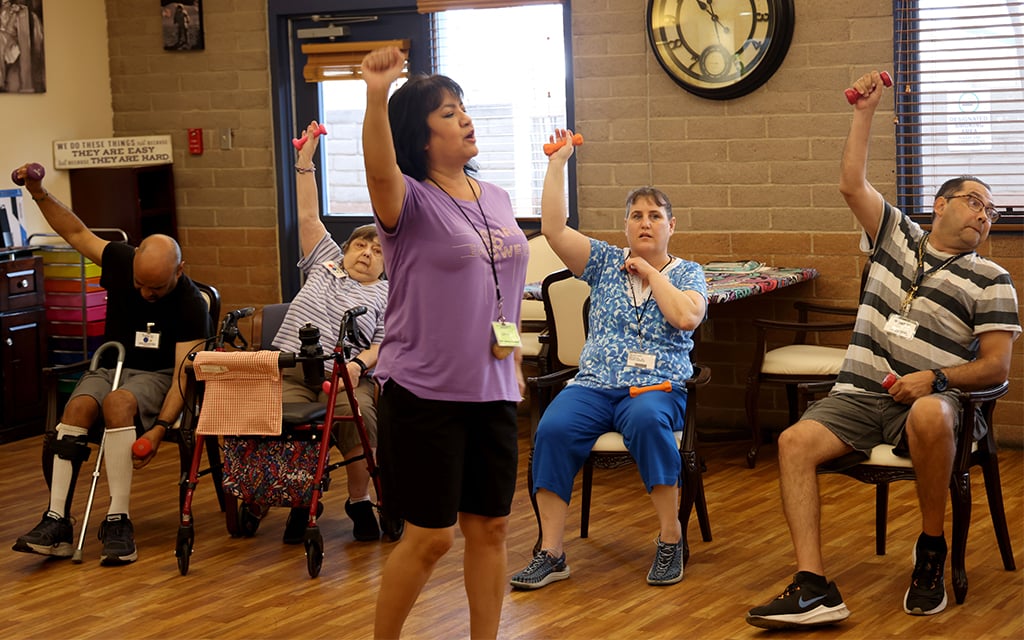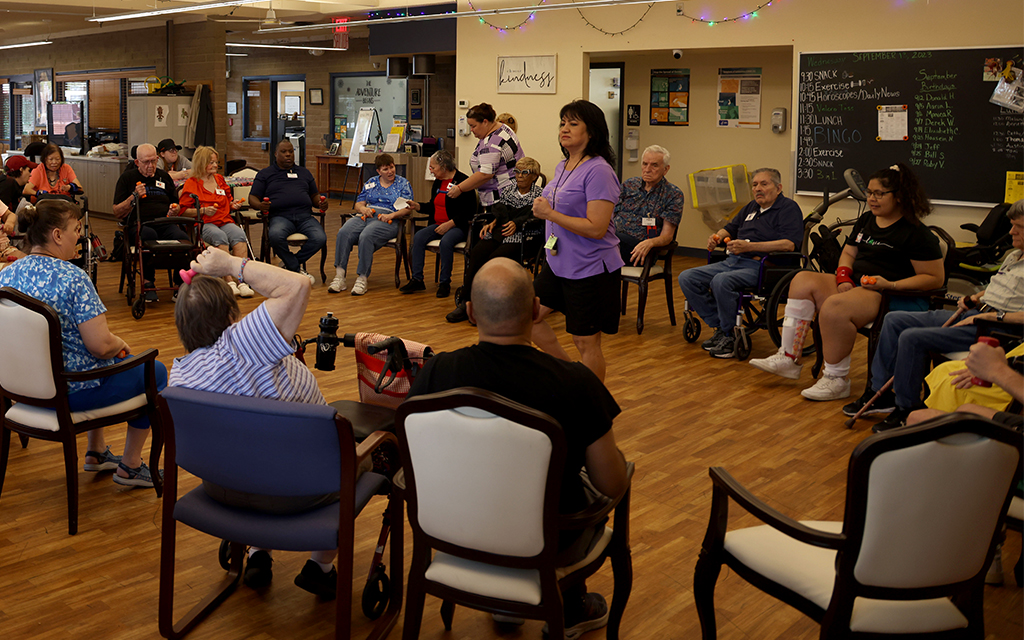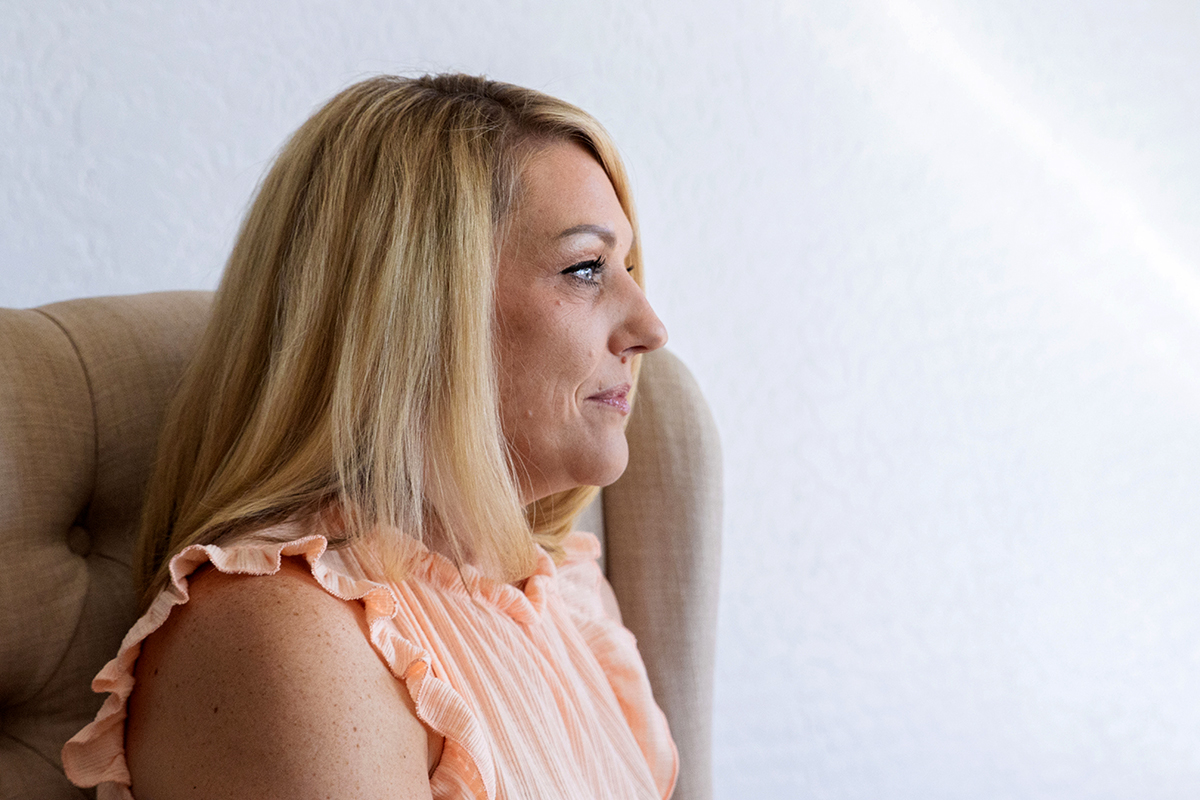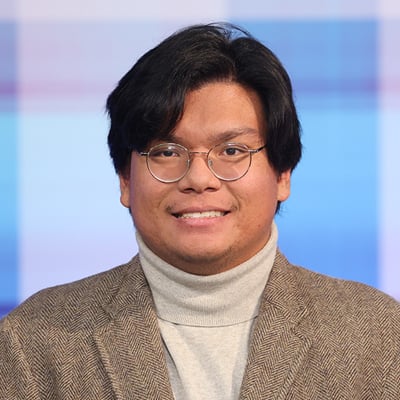PHOENIX – On August 6, 2001, Susan Allen’s life changed forever. Kathleen Allen, her healthy 22-year-old daughter and college student living at home, suffered a brain aneurysm that left her mentally disabled.
Being recently widowed, Allen was ultimately tasked with something she had never done before: becoming a full-time caregiver to her disabled daughter.
Now, at 43 years old, Kathleen is still being cared for by her mother. However, Susan Allen found a solution that has helped immensely. The Foundation for Senior Living (FSL) ReCreación Center provides full-time care for Kathleen five days a week, as well as a thriving social life, which allows Susan to enjoy life as a retiree.
“You never know what’s going to happen. Things come out of nowhere, that’s why centers like this are so important,” Allen said. “My daughter is back to herself again, besides memory loss and logic. She still needs to be guided but she’s happy and back to her old self like when she was younger.”
FSL, which was established in 1974 by the Roman Catholic Diocese of Phoenix, is an Arizona nonprofit organization that primarily works with families and marginalized communities. The CEO of FSL, Tami Bohannon, says many families can’t afford to put their loved ones in a nursing home or assisted living, but FSL also serves families that prefer to have their loved ones age at home.
Bohannon says the organization is facing a growing nationwide caregiver shortage, which caused FSL to close one of its three ReCreación Centers recently. The shortage also is causing the number of unpaid family caregivers to rise. The United Disabilities Services Foundation (UDS) expects the shortage to reach 151,000 by 2030 and 355,000 by 2040. According to AARP, 26% of Americans consider themselves family caregivers; that’s up from 19% in 2015.
Part of the growth is seen in Latino families who are less likely to use nursing homes or assisted living because of cultural habits and language barriers, according to a 2018 survey conducted by The Associated Press-NORC Center for Public Affairs.
According to a 2022 academic research study, 21% of family caregivers are Latino. By 2060, the number of Latinos living with Alzheimer’s disease is projected to grow by 832%, increasing the need for both family caregivers and for centers like ReCreación, which helps families care for loved ones unable or unwilling to enter nursing homes.
The FSL ReCreación Center supports adults who are living with a physical, cognitive or developmental disability or medical condition by providing them with health care during the week, while they continue to live at home.
ReCreación Center participants spend the day at a center where there are medical professionals who provide health care, therapy and activity, and other participants who provide socialization.
Between the two centers, FSL has the capacity to serve 164 people daily, and approximately 400 annually.
Bohannon said the program allows patients to “age in place” and sleep in their own beds while also giving their family caregivers a break during the day.
“Think about how you feel when you go home at night and you lay your head on your pillow and you fall asleep. That feeling of comfort, your worries may diminish, you just have a good night’s sleep,” Bohannon said. “So I like to think that FSL gives the folks we serve, whether it’s the member who comes to the center, or the caregiver, a break.”
FSL will pick up individuals from their homes, take them to one of two centers, either in Tempe or Phoenix, where they spend the day being cared for and socially engaged, then transports them back at the end of the day.
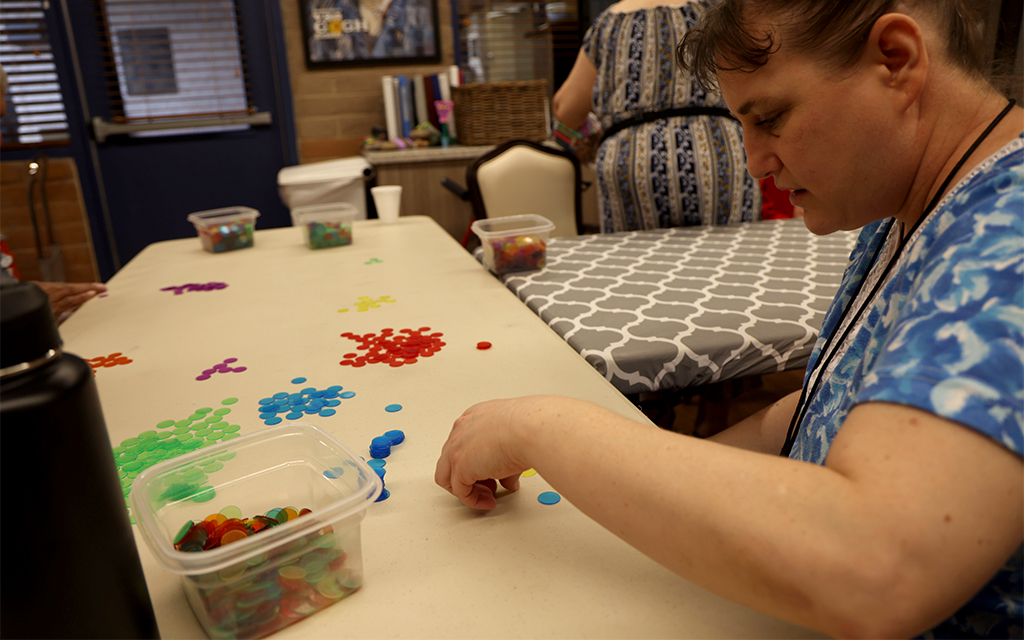
Kathleen Allen sorts colored counting chips at the FSL ReCreación Center in Tempe on Sept. 13, 2023. Allen was energetic, talking and hugging friends as well as helping others with tasks. (Photo by Kevinjonah Paguio/Cronkite News)
According to Bohannon, FSL services are typically covered by Medicaid, Medicare, Arizona Long Term Care System (ALTCS), and a variety of insurance plans, while one-third of the cost is covered by private philanthropy.
In addition to the ReCreación program, FSL offers educational programs for family caregivers, including the Caregiver House which provides training to both professional and family caregivers, as well as six free educational video programs.
FSL has a variety of community partners and funders who refer participants to programs. The FSL website includes a list of programs as well as how to enroll.
The Arizona Department of Economic Security also provides Family Caregiving Support. Additionally, the Arizona Caregiver Coalition offers classes to unpaid family caregivers, as well as information on how to receive compensation as a caregiver.
Bohannon says public education is the solution to the national shortage.
“I don’t think we as a society have done a good job talking about what’s needed,” Bohannon said. “For populations where people are marginalized, how do they cover costs like building a ramp or having their house renovated? These are things we do as an agency – listen to what people want and make people aware of it.”
Additionally, Bohannon said that caregivers are also feeling the burden of the crisis, while having to follow a 1-to-4 provider-to-patient ratio.
“These people, they’re working a lot,” Bohannon said. “These are truly our health care heroes, the folks that work in our centers, or work in our homes, or work in our hospital programs.
